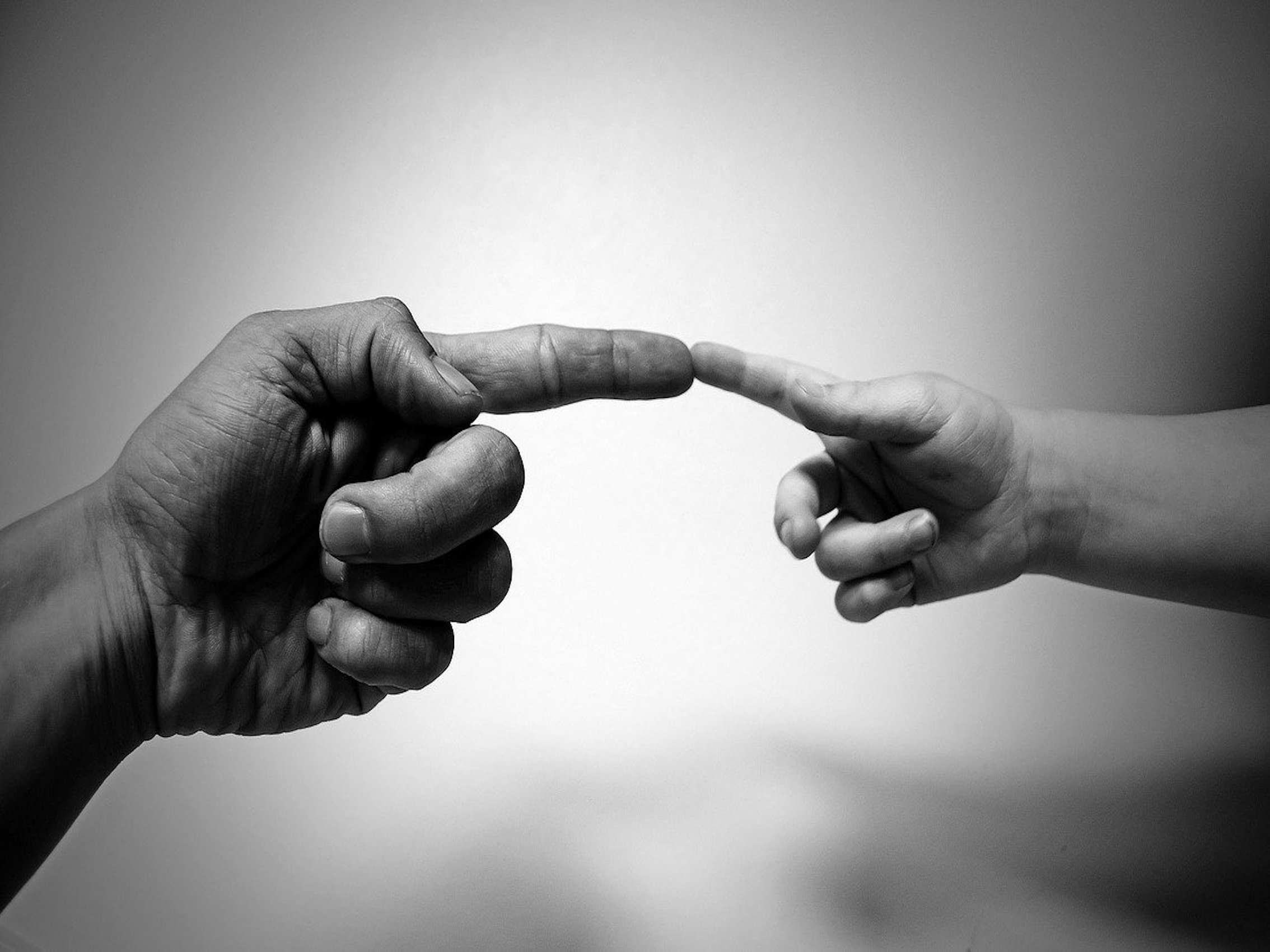Jeff Bezos is filthy rich. The richest man in the world has a net worth of $170 billion. His wealth becomes all the more astonishing when you break it down. Bezos earns $2500 a second. That works out at $150,000 a minute. Every hour, he becomes a millionaire nine times over. If Jeff Bezos were a country, he would be the 54th wealthiest country in the world. His title as the world’s richest person means he’s revered as a great capitalist, entrepreneurial success story.
But his extreme wealth contrasts with millions suffering the debilitating impacts of poverty.
A child dies of starvation every 3 seconds. Every minute 9 people die from lack of access to safe drinking water. Every hour, over 2000 people die from infectious disease, many of which could be prevented for a single dollar per person.
What makes these figures all the more tragic is that we have the means to solve these problems. So, in a world where money talks, could a man richer than most countries use his wealth to solve them?
Solving world hunger
On the face of it, the issue with infectious disease seems relatively simple for Bezos to solve. If an infectious disease costs around $1 per person to prevent, it would cost $2000 an hour to provide cures for infectious diseases. Small change for Bezos, who would have made $9.5 million in that time. If Bezos directed a fraction of his wealth to fight infectious disease, thousands of people’s lives would be saved. What a magnificent achievement that would be.
World hunger, on the other hand, is a whole different ball game. Over 800 million people go hungry each year, yet we grow enough food to feed 10 billion people.
The reason people go hungry and die from starvation is due to poverty and inequality, not scarcity. Many people have no means to earn enough money to buy food.
Even wealth on the scale of Bezos couldn’t solve such a monumental problem, because giving money to the poor is part of the problem. Philanthropy, or charity, doesn’t change the underlying social and economic causes of poverty.
The Chinese philosopher Lao Tzu once said, “give a man a fish and you feed him for a day. Teach him how to fish and you feed him for a lifetime.” An adaptation of this saying for the modern-day might be, give a man a plate of food, you feed him for a day. Rid the obstacles leading to the man’s hunger, you empower him to feed himself for a lifetime.
The age of consumption
Rather than helping to solve world hunger, the fortune of people like Bezos is the very reason millions go hungry. Extreme wealth inequality means a few live in unbelievable splendour, while millions live in dire squalor. This is a shocking state of affairs, yet our society celebrates it.
A consumer-centric society is a world of extremes, where a few have too much, and too many have nothing at all.
From Forbes Billionaire to The Sunday Times Rich List the media love letting us know how richer the richest people in the world are. Bloomberg’s Billionaires Index goes as far as providing daily updates on the wealth of the wealthiest. As if it were a sport, and the rich are competing against one another.
Celebrating the wealth of a rich elite normalises inequality. But from a different angle, while so many suffer in silence, the celebration of an accumulation of wealth is bizarre at best. At worst, it’s bordering on psychotic.
So why the celebration? Well, in a consumer-centric society we’re all in a mad race to have the latest phone or clothes, or car, or whatever the latest product is because the stuff we own is a measure of success. We’re manipulated to believe the more stuff we have, the happier we’ll be.
The billionaire club is the embodiment of the age of consumption. Exactly the type of character the media want to celebrate. Celebrating the wealth of billionaires helps legitimise and normalise massive social inequalities. And, it makes being a billionaire the ultimate measure of success. For many, joining ‘the club’ is a life goal.
But the issue with so few having so much is an issue with the capitalist system at large. When does the desire and motivation to earn more end? It doesn’t. Billionaires desire more, for the sake of having more. Adding another zero on the end of your value is the only motivating factor when you have a certain level of wealth. It’s greed with no end.
This dynamic plays out in society as a whole. In a society celebrating more, the idea of enough can’t be considered because if we stop playing our roles as consumers the capitalist system would break down. The health of the economy (and with it society) is quite literally dependent on us consuming more.
All the while millions of people suffer as a result of the inequality this desire for more generates.
Inequality is bad for everyone
Kate Pickett and Richard Wilkinson illustrate the negative impact inequality has on society in The Spirit Level. In it, they argue greater inequality erodes trust, increases anxiety and illness and encourages excessive consumption.
Life expectancy, child wellbeing, literacy, social mobility and trust are all better in more equal societies. Infant mortality, obesity, teenage pregnancy, homicide rates and incidence of mental illness are all lower.
Their argument for a more equal society is compelling. A greater distribution of wealth will liberate millions of people trapped in a cycle of poverty.
A society which focuses on altruism, and places the community at its heart is key to unlocking human compassion. It’s key to direct our efforts towards those who need it most. Because it doesn’t need to be this way. Eradicating poverty is possible, but not in a world where so few have so much.
Equity goes hand in hand with saving the lives of those unfortunate enough to be born into a life of poverty. At present, if someone is wealthy, so others must suffer. There is an inextricable connection between the two.
A world of extremes
A consumer-centric society is a world of extremes, where a few have too much, and too many have nothing at all.
If poverty is an outcome of how we do things, it seems obvious we need to redesign the system to change the outcome. Because no one chooses to be poor, no one chooses to go hungry, no one wants a life of suffering.
Imagine if Bezos started questioning a system of extremes that makes him so wealthy at the expense of so many. He could go down in history as the man that catalysed a transformation of society.
His wealth buys him the power to exert extraordinary influence. And yet, the appalling working conditions in Amazon hint at the fact Bezos has one goal in mind, to become richer.
It‘s you and I making Bezos rich by buying stuff from Amazon. All to fulfil our function as consumers. People need to wake up from the lie that the more you buy, the happier you’ll be. If anything the opposite is the case. The more you buy, the more you want to buy. Like a hamster on a running wheel, you always end up in the same place. Wanting more.
In years to come, when the madness is over, the world’s billionaires and the media outlets who celebrated, legitimised and lionised their wealth will be vilified as symbols of the age of consumption. Where decadence was celebrated in the face of human suffering.



